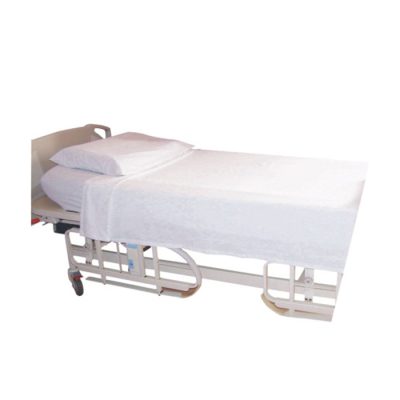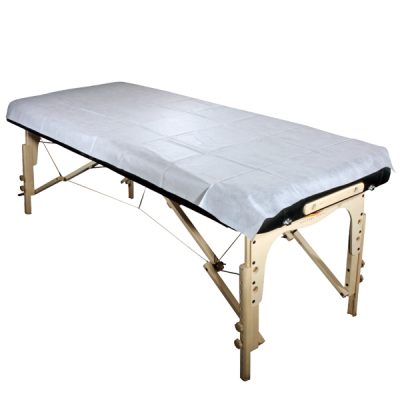Few industries have escaped the impact of the global pandemic. COVID-19 has had a particularly dramatic impact on healthcare businesses, according to a new survey.
As of early 2022, more than a few hundred million people have been diagnosed with the coronavirus, and governments are scrambling to contain the outbreak. Infected people spread the virus in large numbers, and the body’s protective structures are destroyed, so providing patients with powerful treatment has become a worldwide program. Due to insufficient attention to early warning signs, insufficient stocks of corresponding medical protective supplies, inaccessibility of testing kits and large-scale U.S. suppliers of personal protective equipment (PPE), national testing strategies, personal protective equipment such as isolation gowns, social distancing measures The timing and extent of the disease may have affected the development of the disease. Inadequate personal protective equipment, widespread exposure, and difficulty in protecting existing patients are key challenges for the clinical industry as it grapples with the impact of covid-19.
supply chain risk
The biggest dangers currently facing the medical technology supply chain include supply shortages (15% of the group), loss of choice (12%) and delays in the production of medical protective clothing (12%). Qualifying several suppliers during the product design phase to improve delivery chain resiliency is the most common way to mitigate these risks. Prepare for the next pandemic:
16% of companies recommend supply chain transformation to achieve regional supply
14% advocate for improved supplier qualifications and outlining procedures
13% suggest improving visibility of dealer inventory, potential and lead times
12% advocate reorganizing the supply chain with the second resource
Supplyframe’s survey also found a disconnect between the available statistics on planning and production decisions by large-scale U.S. PPE suppliers and the high-quality concept of the information available. Ninety-two percent of survey contributors emphasized the importance of correct COVID-19 case information to correctly forecast demand for essentials and inform manufacturing jobs, but 84 percent expressed concerns about the way case records are collected and presented in the United States, the report said.
We are in the midst of an extraordinary global health crisis. This disaster calls on the scientific tools industry to work together with customers, patients, regulators and public groups to make a serious contribution to public fitness. However, it is important for businesses to spread awareness about how they can most effectively contribute to controlling the development of the virus and sustaining life.








